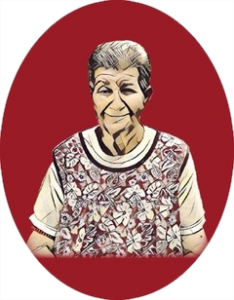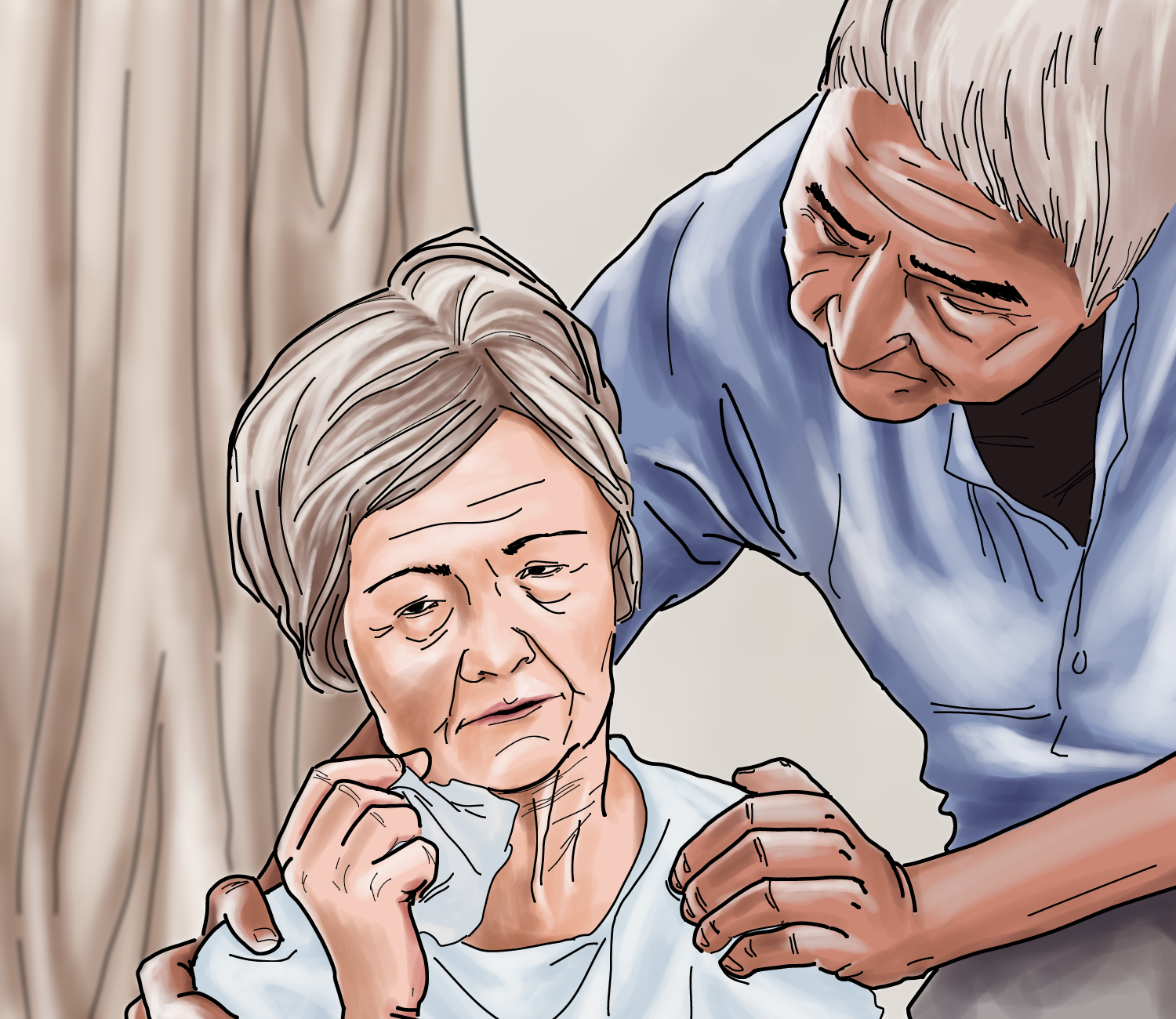Being a caregiver to an elderly client/ loved one can sometimes feel like an exhausting endeavor. Here are some steps you can take to help prevent caregiver burnout:
- Find someone you trust — such as a friend, co-worker, or neighbor — to talk to about your feelings and frustrations.
- Set realistic goals, accept that you may need help with caregiving, and turn to others for help with some tasks. Local organizations or places or worship may provide support groups (either in person or online) for caregivers or family members of those suffering from diseases such as cancer or Alzheimer’s. These organizations may also provide respite care to allow the caregiver to have time away from the patient.
- Take advantage of respite care services. Respite care provides a temporary break for caregivers. This can range from a few hours of in-home care to a short stay in a nursing home or assisted living facility.
- Be realistic about your loved one’s disease, especially if it is a progressive disease such as Parkinson’s or Alzheimer’s. Acknowledge that there may come a time when the patient requires nursing services or assisted living outside the family home.
- Don’t forget about yourself because you’re too busy caring for someone else. Set aside time for yourself, even if it’s just an hour or two. Remember, taking care of yourself is not a luxury. It is an absolute necessity for caregivers.
- Talk to a professional. Most therapists, social workers and clergy members are trained to counsel individuals dealing with a wide range of physical and emotional issues.
- Know your limits and be honest with yourself about your personal situation. Recognize and accept your potential for caregiver burnout.
- Educate yourself. The more you know about the illness, the more effective you will be in caring for the person with the illness.
- Develop new tools for coping. Remember to lighten up and accentuate the positive. Use humor to help deal with everyday stresses.
- Stay healthy by eating right and getting plenty of exercise and sleep.
- Accept your feelings. Having negative feelings — such as frustration or anger — about your responsibilities or the person for whom you are caring is normal. It does not mean you are a bad person or a bad caregiver.
- Join a caregiver support group. Sharing your feelings and experiences with others in the same situation can help you manage stress, locate helpful resources, and reduce feelings of frustration and isolation.
- For other helpful caregiver tips, check out our other article called A Caregiver’s Guide to Restful Sleep

